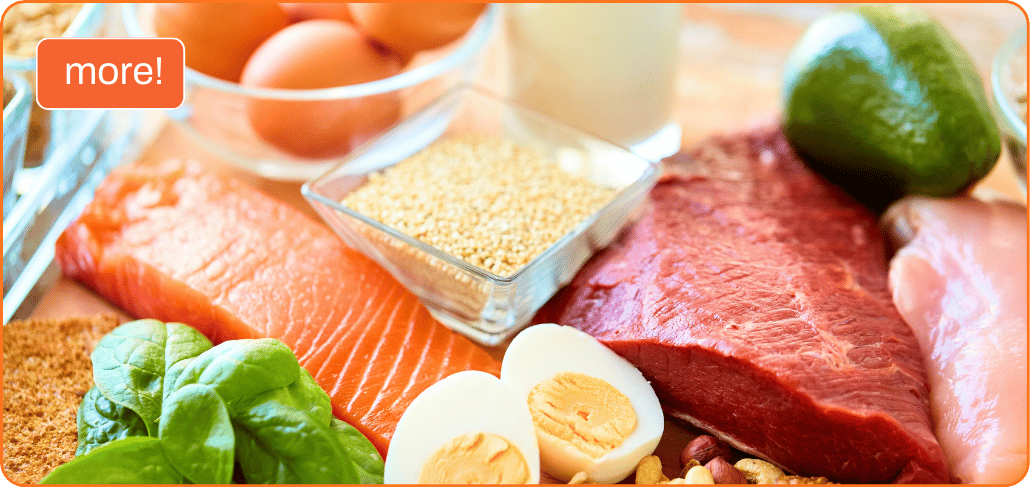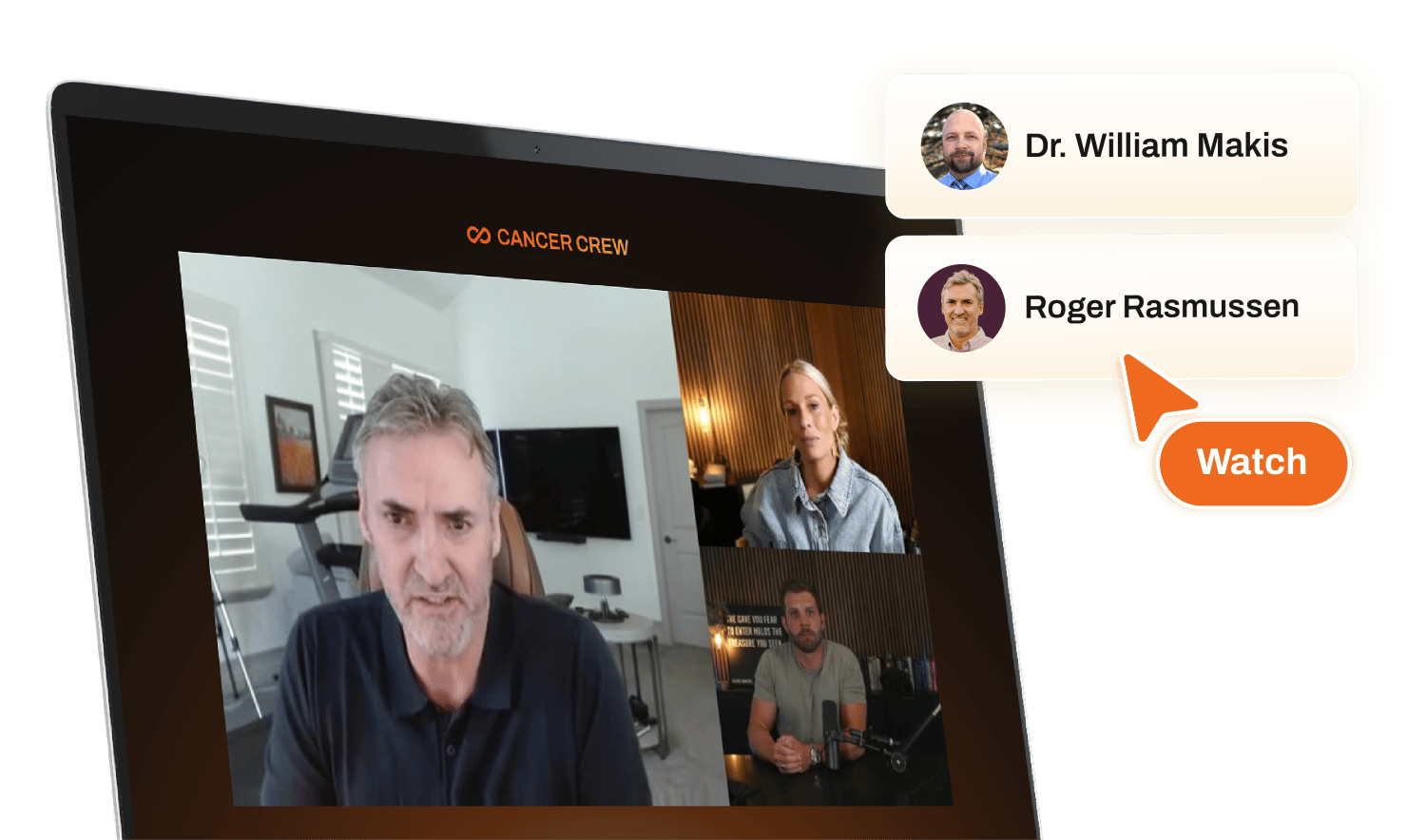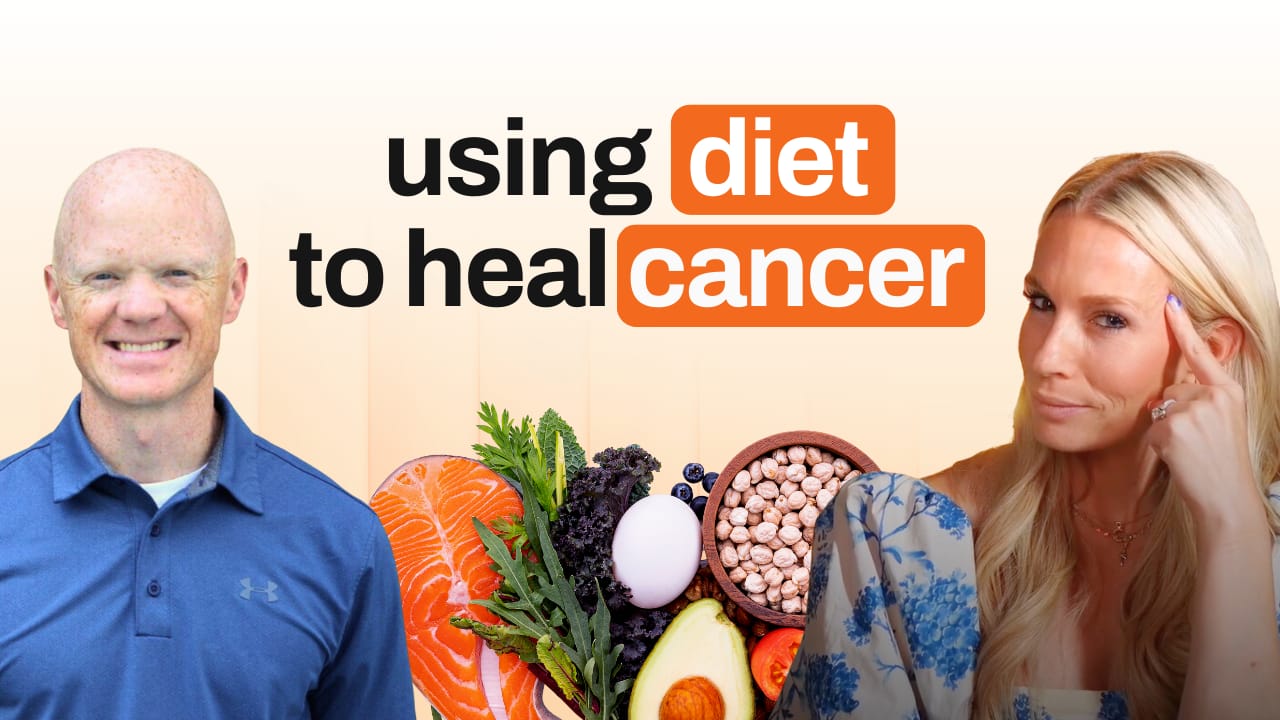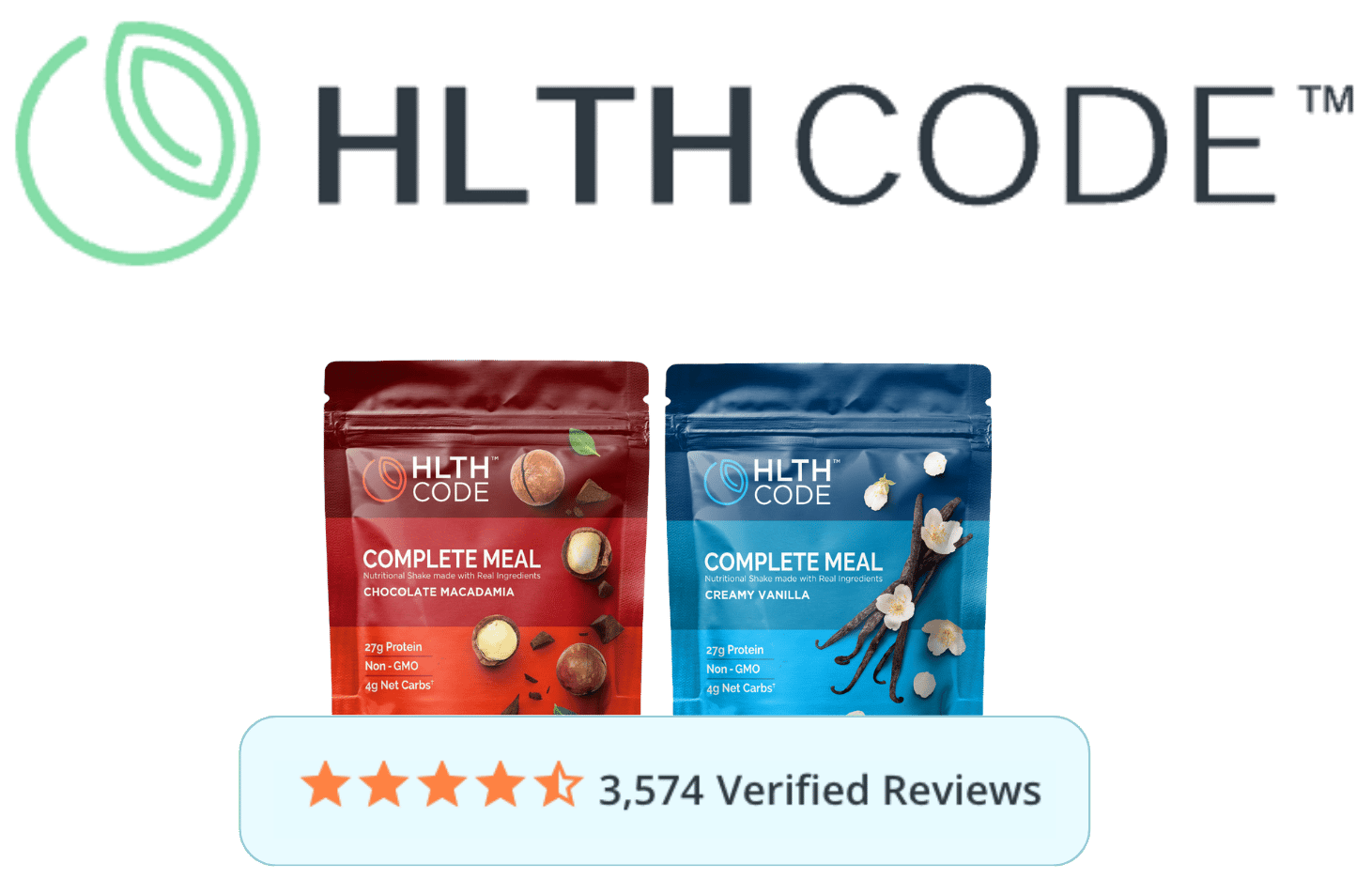"Let food be thy medicine and medicine be thy food."

Learn how one expert's advice on metabolic health can change everything.
Get a simple, actionable playbook for fueling your body, not the disease.
Find out why you don't have to be on this journey alone.
Hi friends!
I honestly feel like Dr. Ben Bikman saved my life. A couple of years ago, through some miracle, I ended up on a podcast with him.
At the time, I had no idea I had breast cancer. He was teaching me about metabolic health and how it could play a role in preventing certain cancers.
His research was so compelling that I changed everything. I started monitoring my glucose and focusing on my metabolic health, and I truly believe that this intervention was a huge part of my cancer not growing out of control before it was finally diagnosed.
So, when Raleigh and I had the chance to sit down with him again for Cancer Crew, it felt like a full-circle moment.

Dr. Bikman PhD, Professor of Metabolic Health and Author of “Why we Get Sick.”
This time, we could dive even deeper. He didn't just talk about managing symptoms. Instead, he talked about changing the entire environment within our bodies by addressing the one metabolic thread that connects so many diseases, insulin resistance.
The principles he laid out like controlling carbs, prioritizing protein, embracing fat, and using fasting weren't just a diet. They were a strategy. A way to fuel our bodies, not the disease. It was a powerful reminder that we have a lever we can pull ourselves.

A Practical Guide to Taking Back Control
After our talk with Dr. Bikman, we wanted to break down his key ideas into a simple playbook that you can take with you on your path to healing.

Principle 1: Eat Fewer Carbs
Many cancer cells are sugar addicts. This is known as the Warburg Effect, a discovery that found cancer cells are incredibly dependent on glucose (sugar) for energy.
By significantly reducing your carbohydrate intake, you lower the amount of glucose in your blood, creating an environment less friendly to tumor growth.
While a low-carb diet isn't a cure, evidence suggests it can slow tumor growth and make cancer cells more vulnerable to treatments like chemotherapy.

Principle 2: Focus on Protein
Let's bust a dangerous myth that protein feeds cancer. If you are actively fighting cancer, your most immediate threat is often cachexia which is severe muscle wasting that weakens the body and makes it harder to tolerate treatment.
Protein is the essential building material you need to fight back. Expert groups recommend cancer patients get 1.2 to 1.5 grams of protein per kilogram of body weight per day which is nearly double the standard recommendation.

This Newsletter is Sponsored by:
BEST and cleanest shake for Keto Diets.
Cancer Crew Exclusive Discount

Principle 3: Embrace Healthy Fats
For decades, we were told to fear fat. But when you lower carbohydrates, you must replace that energy with something, and healthy fat is the answer.
The quality of the fat you eat matters immensely. Focus on unsaturated fats from sources like olive oil, avocados, nuts, and fatty fish.
Studies show that replacing carbs with these fats can improve cholesterol, lower blood pressure, and increase insulin sensitivity. This helps create a less inflammatory environment in your body and one that is less hospitable to disease.

Principle 4: Try Short Fasts
Giving your body a deliberate break from eating can trigger a powerful protective state called Differential Stress Resistance (DSR).
During a fast, healthy cells go into a dormant, protected mode, but faulty cancer cells can't, leaving them exposed and vulnerable.

Principle 5: The "Real Food" Rule
If this feels overwhelming, remember one rule, eat real food. Avoid the snack aisle and be critical of "plant-based" labels that don't automatically mean healthy. Many ultra-processed meat alternatives are loaded with sodium and unhealthy fats.
Animal protein is "complete," providing all the essential amino acids needed to repair muscle and fight cachexia. Real food gives you real results.

You're Not Alone. Your Crew Is Waiting.
Everything we just talked about, it’s powerful. But we know it can also feel like a lot to take on by yourself. The questions don't stop, and the journey can feel isolating.
That is precisely why we created Cancer Crew+, and it’s more than just a platform, it’s a sanctuary.
This is where the real conversations happen. This is your inner circle. Inside CancerCrew+, you will find:

A private, members-only forum where you can ask the questions you're afraid to ask anywhere else and get honest answers from people who have been there. No judgment, just support.

Uncut, unfiltered video interviews with pioneers like Dr. Ben Bikman. Get the full story and the deeper science, not just the highlights.

A community that gets it. This is your place to connect, to share your wins, and to find the strength that only comes from a shared journey.
This isn't about simply getting more information, it's about finding your people. We would love for you to join our crew, so we can share in your healing journey.
With heart,
Raleigh and Carli
Founders of The Cancer Crew


Help us make the next issue even better by picking the option that fits you best.

Must-Reads You Might’ve Missed








